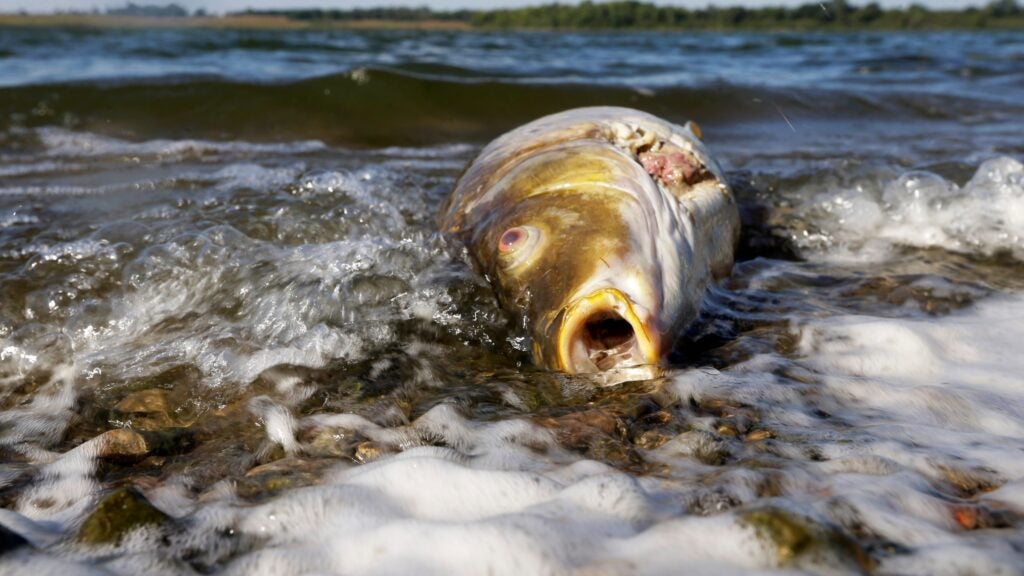Chucklehead
WKR
- Joined
- Dec 21, 2015
- Messages
- 310
That is a very weak response. In 20 years have you never attended a continuing ed session on erosion from ISU extension? Have you never been in NRCS or FSA office and seen a pamphlet on conservation practices? In 20 years on the farm you have not witnessed what happens in your garden on a small scale when you till it in the fall and leave it exposed all winter?
I'm not a farmer, but I've lived in country for 30 years. I've planted a garden, I've managed 10 acres of hay/pasture and a pond. I understand some of the challenges farmers face, and I also know that people have enormous access to information and professionals whose job it is to help them. All you have to do is pick up the phone or write an email.
You think that is weak while suggesting running a multi-million dollar operation from a fresh out of college ag extension educator? or a pamphlet rack???
Know what other pamphlets are in that FSA rack?
Ones on farmer suicide.

